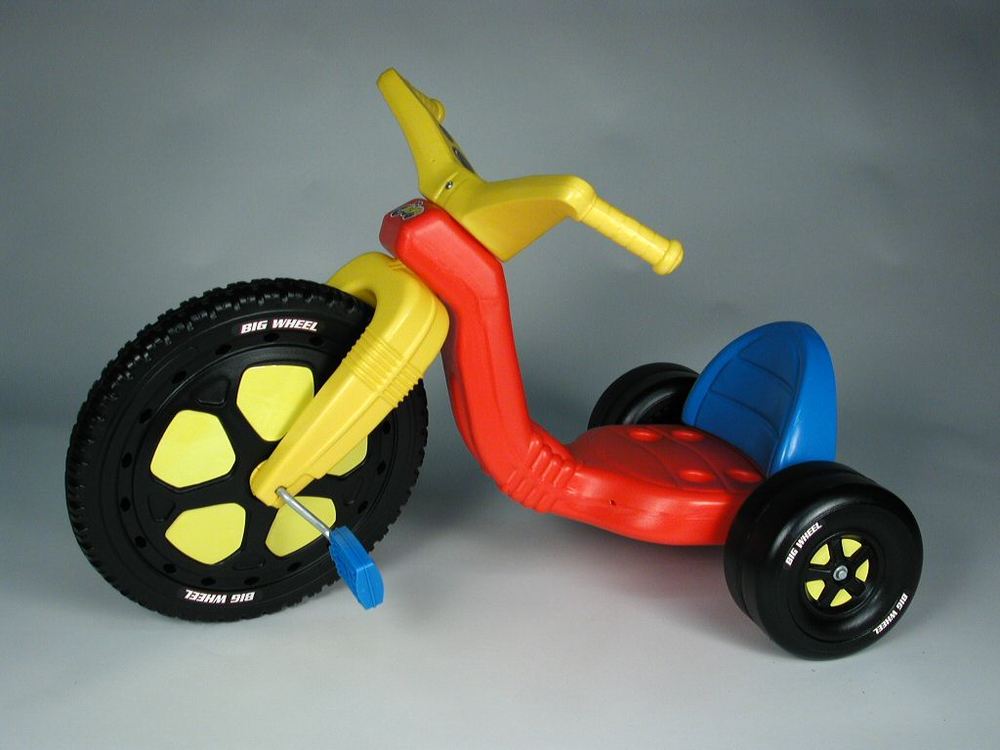I ran into that video while reading about the stereotype of gender issues between men and women. I've often heard that men are better at math, and it becomes a bit of a self fufilling prophecy when I hear some of the women that I tutor repeat this myth. What boggles the mind is that some of these women repeat it even when they are damned good at math.
An interesting piece of data that comes out of the story is that we focus so much on tests, even though tests don't necessarily reflect classroom performance. We all know that women are beginning to dominate college, and I remember my advanced math and science classes in high school containing men and women. Despite that, repeatedly hearing "women can't do math or science" does have an effect, and at times can be a self fulfilling prophecy. I've tutored women that are stellar in math, yet still believe that they are not.
Also, there's this:
Math aptitude (even measured at the levels of outstanding instead of average performance) doesn’t explain sex disparities in science careers (most of which, incidentally, only require you to be pretty good at math, as opposed to wildly genius at it). In any case, scoring high in math is only loosely related to who opts for a scientific career, especially for girls. Many high scoring girls don’t go into science, and many poor scoring boys do.
This is key - you only need to be proficient at math and problem solving to be successful in a technical career. You don't need to be AMAZING at it unless you want to be a theorist or go for the PhD.
Let's celebrate International Women's Day by making sure that math and science reflect the diversity of the world!







